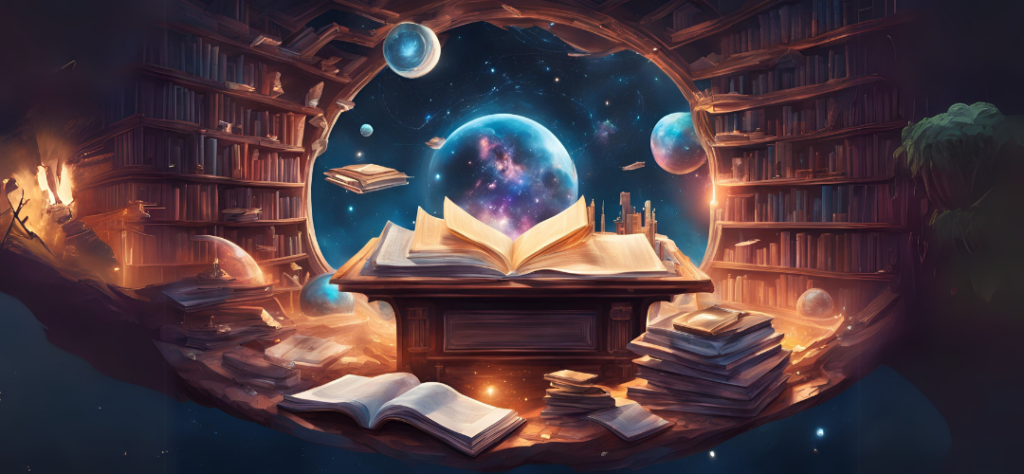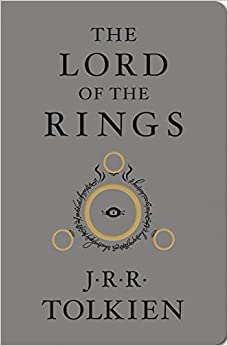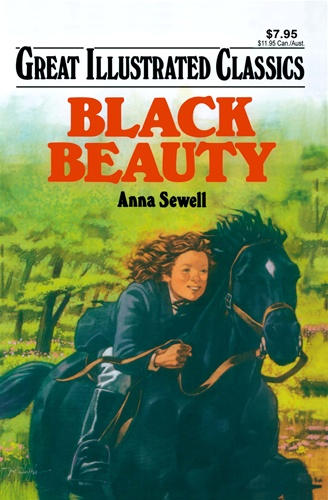Crafting Universes:
Your Guide to World-Building Mastery
Think of world-building as the giant playground where your characters romp around. It’s like pizza dough, and your characters are the delicious toppings. In other words, it’s the spice that makes your story nachos extra cheesy, or in this case, the X dimension that makes your tale a literary smorgasbord feast through an unlimited buffet of words. So, without further ado, let’s sprinkle some world-building confectionary sugar on your characters and get ready for a narrative so immersive it might just become a deep-dish meal for your brain.
To make your world-building more persuasive to readers, you’ll want to immerse them in your fictional world and make it feel real and compelling. Unfortunately, there are some super-downer steps that creative people like to avoid because they seem so rigid. It’s almost like having a root canal to make very clever writers of Science Fiction and Fantasy slow down and check this list. I get it. But I’ll give it to you anyway.
Consistency and Coherence: Yes, you plebes. You have to make sense.
“Writing is making sense of life.” –Nadine Gordimer
Make sure your world isn’t as chaotic as my sock drawer on laundry day. Whether it’s magic, science, or just the way folks do things, let your readers in on the secret handshake to your world. They should be able to navigate it better than I navigate IKEA furniture assembly instructions, which is to say, not perfectly, but at least with some hope!
Character Development: The characters should be influenced by the world you’ve created. Really watching how characters deal with a fictional fantasy world’s curveball is like watching a reality TV show where you’re the host, and the characters are the contestants. You get a front-row seat to their mishaps and triumphs, and by the end, you’ll be the world’s leading expert in ‘Characterology’ – it’s like astrology, but with more character development and less horoscope nonsense!
Think of the character Gollum (The Lord of the Rings by J.R.R. Tolkien) whose characters’ development plays a central role in drawing readers into the fantastic world of Middle-earth. He is a fascinating example of the impact of the One Ring on an individual. He serves as a cautionary tale about the corrupting power of the Ring, and his complex character development adds depth to the story.
Another character would be Paul Atreides, the primary protagonist and a crucial element in Dune by Frank Herbert, as his ARC highlights themes of power, leadership, and the consequences of one’s choices in a richly detailed science fiction setting. His journey is a key part of what makes Dune such a compelling and enduring work in the SFF genre.
****Reader Imagination: Starred to stress how important this one is. You just haffa leave room for readers to use their imagination. Ya hafta. You, the author, are writing a book party and you’ve provided the party essentials—snacks, drinks, and a killer playlist. But you must leave an empty dance floor for readers to strut their stuff and maybe do the chicken dance if they feel like it. So, guide them through the electric slide, but let them invent the moonwalk on their own! When readers use their imagination to fill in details and visualize the story, they create a personal connection to the narrative. They begin to care about the outcome. They begin to feel a part of the narrative. And to top it all off, they remember the books they connected with. Do you remember Black Beauty and Ginger from Black Beauty by Anna Sewell? Or how about that growl Old Yeller gave out to Travis on the third day of being penned up (Old Yeller by Fred Gipson)? <sniffle>
Feedback and Iteration: Work with beta readers and critique partners. Their feedback can help you identify areas where your world-building may need improvement. Let them carry the heavy load of pointing out stuff. They are the Sherpa as you climb the mountain of world-building, so you don’t end up at the peak wearing flip-flops!
Revision and Polishing: I cannot stress enough the need to refine your world-building as you write. What might have happened on page 200 could totally affect page 50. So do the due diligence and edit. I wrote a self-convincing blog about editing Editing Your Parallel Universe: Tips for SFF Authors And it’s given me better everything since I started using ProWritingAid to give a first edit. Consistent, well-crafted details will make you more persuasive.
Persuasive writing in world-building is an art that combines creativity, attention to detail, and an understanding of human psychology. Think of SFF meets ProWritingAid plus character development mastery. It’s the magic that brings fictional worlds to life, captivating readers and immersing them in your storytelling. Whether you’re crafting a sprawling fantasy realm, a futuristic dystopia, or any world in between, remember that the most persuasive worlds are those where readers not only understand but also believe and care about the places, cultures, and characters you’ve created. As you continue to develop your world-building skills, keep in mind that your words have the power to transport readers to places they’ve never imagined, and that is a gift worth sharing with the world.
I also want to give a quick shout-out to PLOTTR software which is very intuitive. My new favorite writing aid. This plotting software is da bomb. Use any of my affiliate links below and I might get a small commission. Thanks.
Check out my Youtube channel for PLOTTR videos @jlnichauthorsff
Joseph Michael’s Learn Scrivener Fast e-course
Please read and review my serial publishing novel, Sparrow’s Legacy, on Kindle Vella. You can read the first three chapters free on Amazon by searching for “Sparrows Legacy Kindle Vella” or clicking here. I. Please subscribe to my website if you want to be notified when I’ll be publishing or to get free samples of my work.
JL Nich, Science Fiction Fantasy Author






